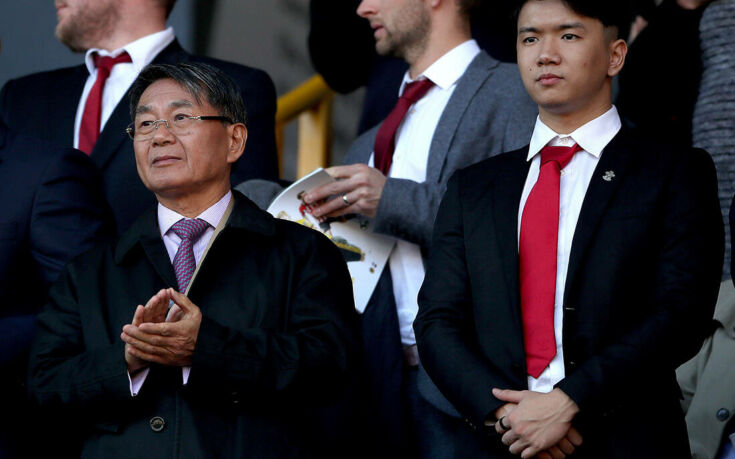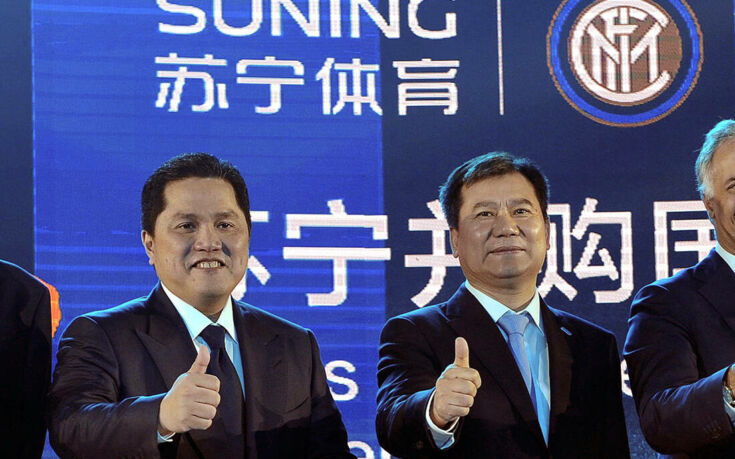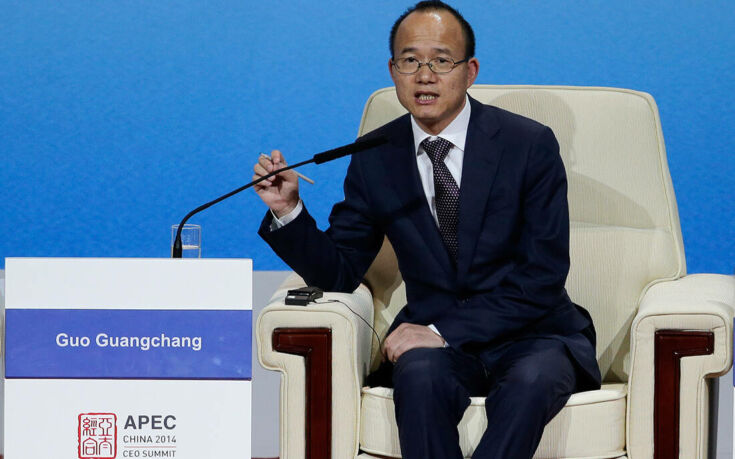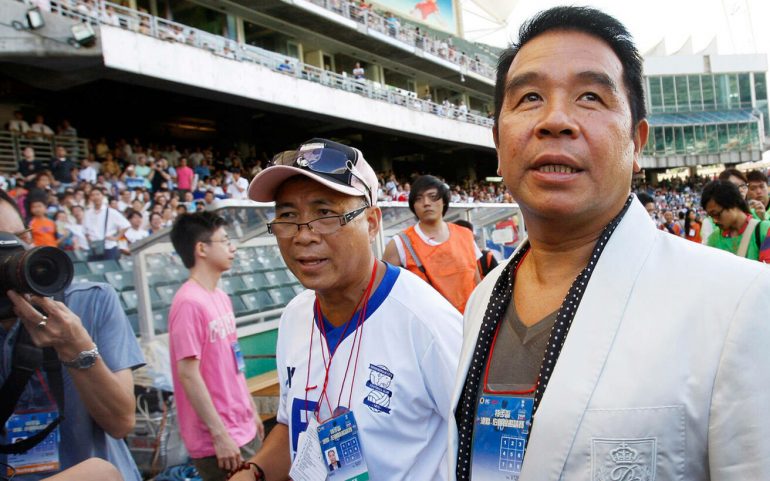2020 is, whatever happens next, the year of the crown. The year of the pandemic, about which we have already learned a lot and in the next period we will learn more. One of them is what finally happened, where it started and how it spread. According to Donald Trump, as he says in press conferences or on Twitter, things are clear: The virus comes from China and China is to blame for its spread.
This is an issue on which the two countries disagree and will probably continue to disagree. But they would agree - but this does not interest the US president at all - if they talked about… football and the spread of the Chinese in this business field, because the numbers say that in a few years China is "represented" share and administratively in 24 football clubs, in 14 countries, on three continents. Not a little…
Of course, everyone should expect this from 2016, when the world was shocked to learn that Shanghai Senua, a team whose existence was ignored by everyone outside Asia, offered about 50 million euros a year to Carlos Tevez, who had returned to Argentina and Boca Juniors. The Argentine went, as did other players, even from strong European teams, such as the Brazilian Oscar who left Chelsea to play in the Chinese championship.
This should theoretically be the world's leading and the country should slowly become a football superpower according to the ambitious plan, at least as it was presented by the then international press of the president. Xi Jinping. This is not exactly the case, since no matter how many names the Chinese approached, no one was able to deal with them, but at least they got into football. Business. And they keep coming in.

In the first week of April, the Swiss Grasshoppers announced that it is passing into the hands of Champion Union HK Holdings Limited, a Chinese company owned by Jenny Wang, which bought 100% of the club's shares. So at Ms. Wang's house they can για fight over the ball if they want, as her husband, Guo Guangshang, owner of Fosun International Limited and 24th on the list of richest Chinese, is the owner Wolves, Olympiacos' opponent in the Europa League.
The "wolves" are one of the six English teams, in the shareholder composition of which there are Chinese businessmen. Either as owners or as a minority. This, for example, happens in Manchester City of the Arabs, where China Media Capital, an investment fund, owns 13% of the shares. In the other four groups on the island where there are Chinese on the share register, they are as owners.
Specifically, in Southampton 80% of the shares belong to Gao Tisseng, owner of Lander Sports Development, in Barnsley is owned by 90% owner Chien Lee, founder and owner of the investment fund NewCity Capital, in Reading Dai Yong, president of the investment fund Renhe Commercial Holdings Company Limited, has a 75% stake in West Brom is owned by Lai Guotsuan, 100% shareholder, investor and owner of Yunyi Guokai Sports Development Limited.
The Premier League, of course, English football in general is the one with the most money, so it's reasonable and understandable that a businessman wants to get involved in it, even if we're talking about a smaller team. It is logical and understandable that a Chinese tycoon wants to buy the Italian Inter, the biggest football name that has passed into the hands of the Chinese and specifically of Jidong Ziang, owner of Suning, which is basically active in everything.

What doesn't seem logical is that Chinese businessmen are involved in groups that seemingly at least don't offer them anything in the financial sector. As, for example, happens in France. Not so much for the 20% it holds in Lyon IDG Capital Partners, because it is a team with appearances in the Champions League and a new stadium, but for the 100% it has in Soso the Nenking Group, a fund that deals with real estate and drugs, or for the 60% it has in Ausr o James Zou, Chinese investor.
In Spain, on the other hand, we have their cases Granada and Espanyol. Jiang Lizang, who owns 99% of the club and is also a shareholder in Minnesota Timberwolves in the NBA, is the first to join Rastar Group, a plastic manufacturing company that has become one of the largest manufacturers of child seats. in China.
Continuing, we see that in the Czech Republic and specifically in Slavia Prague, which returned to the Champions League this year, the owner is the Chinese construction company Sinobo Group, while in the Netherlands and Den Haag the Inited Vansen, a company that had taken over the closing ceremony of the Olympic Games in Beijing.

From there, in terms of Europe, Chinese owners will also be found in Portugal, Belgium, Denmark and Finland. It is striking that none of these teams are going to make a profit financially, while in terms of Portugal and "investment" in teams such as Oriental Dragon, Uniao Sintrense, Pinalnovense and Torrense, the existence of which is probably ignores anyone abroad, various have been released about the role of the famous manager Jorge Mendes.
And if we go to other continents, we will see that in the United States and specifically in the Phoenix Rising group, Alex Zieng has 30%, who is active in the hotel sector and has invested in Arizona, South America and specifically in Brazil, Desportivo Brasil belongs to Shandong Luneng Group, an electrical products company, while in Australia we have the case of Newcastle Jets, which has passed into the hands of Ledman Group, a Chinese high-tech company.
And somehow, China may not be playing football as President Xi Jinping wanted when it came to its plan, but it has certainly managed to be everywhere. Either in Europe, or in America, or in Oceania. Either as owners or not…
